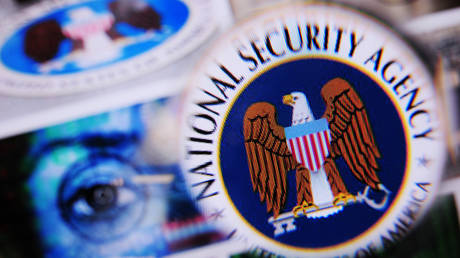
A government audit found that the US spy agency had ‘critical control gaps’
The US National Security Agency (NSA) broke its own guidelines when applying a law that allows it to access sensitive data on Americans, according to an unclassified version of the semi-annual report by the Office of the Inspector General (OIG).
Among other things, the OIG examined the use of Section 702 of the Foreign Intelligence Surveillance Act (FISA) that allows secret collection of emails and phone records of US nationals suspected of colluding with foreign powers.
The report, released on Monday, found “critical control gaps” in the NSA’s work, adding that surveillance “performed against FISA Section 702 data did not always follow NSA procedural and policy requirements.” The report said that the agency failed to follow both court-approved procedures and its own internal ones.
The OIG made 13 recommendations on the matter, seven of which were completed before the report’s release.
In a statement to the media, an NSA spokesperson said the agency was “fully committed to the rigorous and independent oversight” from the OIG.
“NSA continues to employ measures to assist analysts in conducting their work compliantly with civil liberties and privacy protections,” the spokesperson said.
Civil rights groups have long warned about the abuse of Section 702 by security services. According to the American Civil Liberties Union (ACLU), the section allows the US government to engage in “mass, warrantless surveillance” of Americans and foreigners, and to use the obtained information to prosecute people for crimes that have “nothing to do with” national security.
FISA warrants attracted much scrutiny during the presidency of Donald Trump, when the FBI used them to spy on his former adviser Carter Page as part of an investigation into the Trump campaign’s alleged ties with Russia. In 2020, a court ruled that two of the four FISA warrants on Page were invalid.




